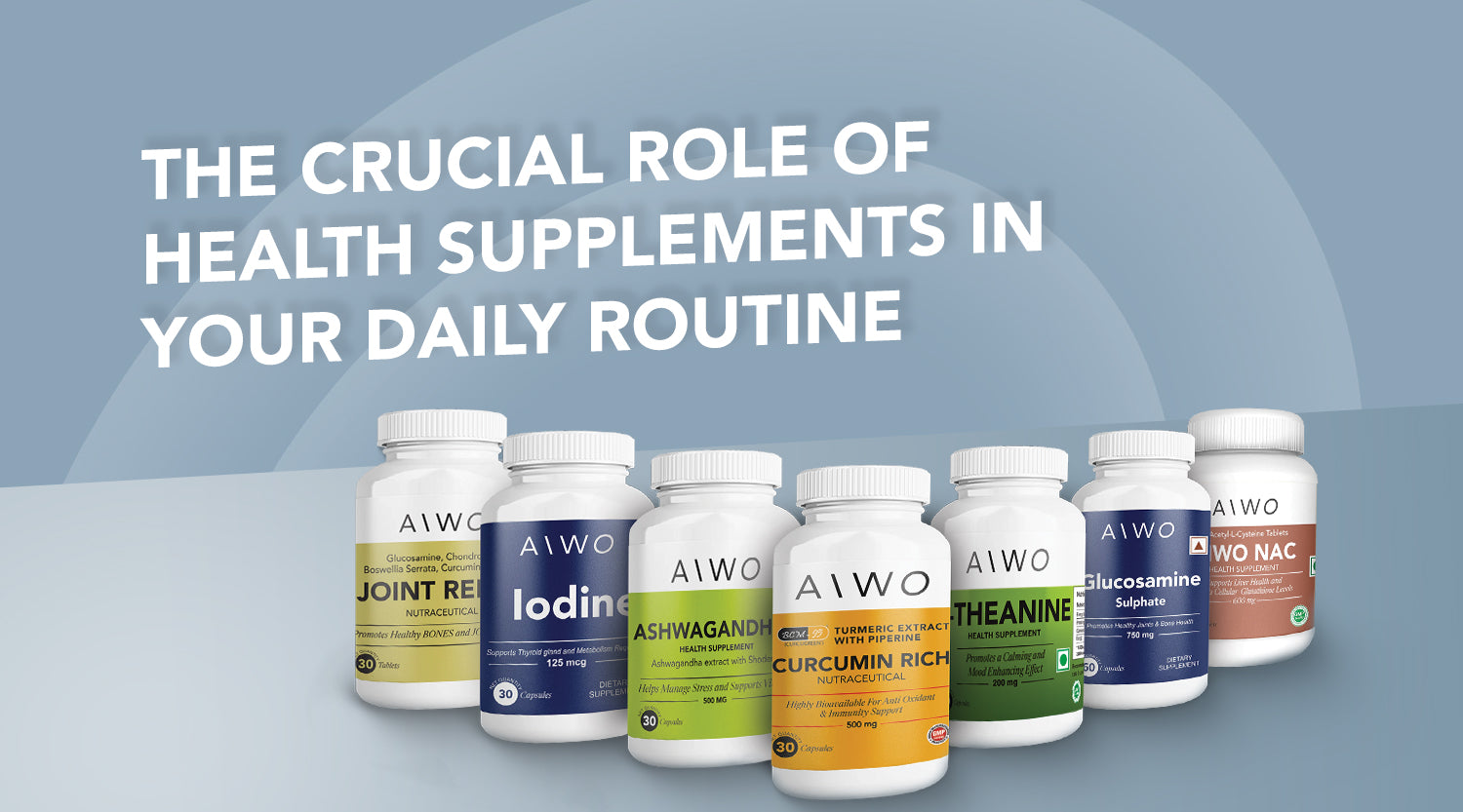
Elevate Your Health: Expert Insights on Immune System Supplements and Overcoming Nutritional Deficiencies
The Importance of Nutritional Supplements in Modern Diets
The Rise of Health-Conscious Consumers
Modern lifestyles often lead to rushed meals and fast food. This can mean fewer vital nutrients. Health-conscious people know this. Many are turning to supplements. They want to fill the gaps in their diets. Supplements can provide vitamins and minerals that are missing. These boost health and the immune system. As a result, the market for health supplements is growing. Consumers are seeking quality options. They aim for a well-rounded approach to nutrition. Supplements are part of this strategy. They help ensure that the body gets what it needs to stay strong.
Nutritional Deficiencies and Their Impact on Immune Health
Modern diets often lead to gaps in vital nutrients. These gaps can dampen our immune system's defenses. When our bodies lack key vitamins and minerals, we face increased health risks. For instance, a deficiency in Vitamin C or Zinc can weaken immune response. Without sufficient nutrients, we struggle to fight off infections. Nutritional supplements can fill these gaps. They provide the essential support our bodies need. Strong immunity relies on a well-nourished system. Hence, understanding and addressing nutritional deficiencies is crucial.
Key Health Supplements to Boost Your Immune System
Vitamins and Minerals for Immunity Support
To bolster your immune system, certain vitamins and minerals are key. Vitamin C, known for its ability to fend off colds, is essential. Likewise, Vitamin D, sourced from the sun, plays a vital role. Zinc also supports the immune response. Other notable nutrients include selenium and iron. Be sure to incorporate these into your supplement regimen for enhanced immune defence.
Herbal and Botanical Supplements
Herbal and botanical supplements play a crucial role in enhancing the immune system. Echinacea, for example, is widely known for its immune-boosting properties, often used to ward off colds. Elderberry is another powerful herb packed with antioxidants that help fight inflammation. Astragalus root, used in traditional Chinese medicine, may increase white blood cells, which are key in fighting infections. Moreover, garlic contains compounds with potent medicinal qualities, such as allicin, which has been shown to boost disease-fighting response of some types of white blood cells. It's important, however, to consult a healthcare provider before adding these supplements to your routine, as they can interact with certain medications.
Probiotics and Prebiotics: The Role in Digestive Health
In the quest for robust immunity, spotlight often lands on the gut. Our digestive system is a major player in defending against pathogens. Probiotics and prebiotics are like the gut's dynamic duo. They maintain a healthy microbiome balance, which is vital. Probiotics are the 'good' bacteria that boost our gut health. Prebiotics, on the other hand, are the food that nourishes these beneficial bacteria. Together, they support our immune response and enhance nutrient absorption. They are found in certain foods but can also be taken as supplements. A balanced gut can fend off invaders better. Thus, including these supplements may be key to a stronger immune system.
Strategies for Integrating Health Supplements into Your Routine
Timing Your Supplement Intake for Maximum Effect
To get the most from your supplements, timing is key. For instance, fat-soluble vitamins like A, D, E, and K work best when taken with meals that include fats. Water-soluble vitamins, such as the B complex and vitamin C, can be taken any time, but they're absorbed best on an empty stomach. Minerals like iron are more effective when taken apart from calcium, which competes for absorption. Probiotics thrive when taken before a meal or at bedtime. By syncing supplement intake with your body's natural rhythm, you can enhance their effectiveness and support your immune system optimally.
Understanding Dosage and Toxicity
When adding health supplements to your routine, it's crucial to understand correct dosages. Each supplement has a recommended daily allowance (RDA) you should not exceed. High doses of certain nutrients can lead to toxicity. For instance, excessive vitamin A can harm the liver. Always start with the lowest dose. Then, you can adjust as needed, based on your health goals and doctor's advice. Remember, more is not always better. Supplements should balance, not replace, nutrient intake from foods.
Combining Supplements with Diet and Exercise for Optimal Wellbeing
A balanced approach to wellness includes diet, exercise, and supplements. To achieve optimal health, these elements should work in harmony. Start by eating a variety of nutrient-rich foods. This creates a solid base for your body’s needs. Add regular physical activity to boost your immunity and energy. Integrate the right supplements to fill any nutritional gaps. Choose vitamins, minerals, and other nutrients that your diet lacks. Be mindful of how supplements interact with foods and exercise. For instance, some nutrients are best absorbed after workouts. Others should be taken with meals for better digestion. Always consult a healthcare provider when combining supplements with your routine. This will ensure you are safe and your actions are effective. Keep a journal or use an app to track your wellness activities. Review it often to make changes and improve your health strategy.
